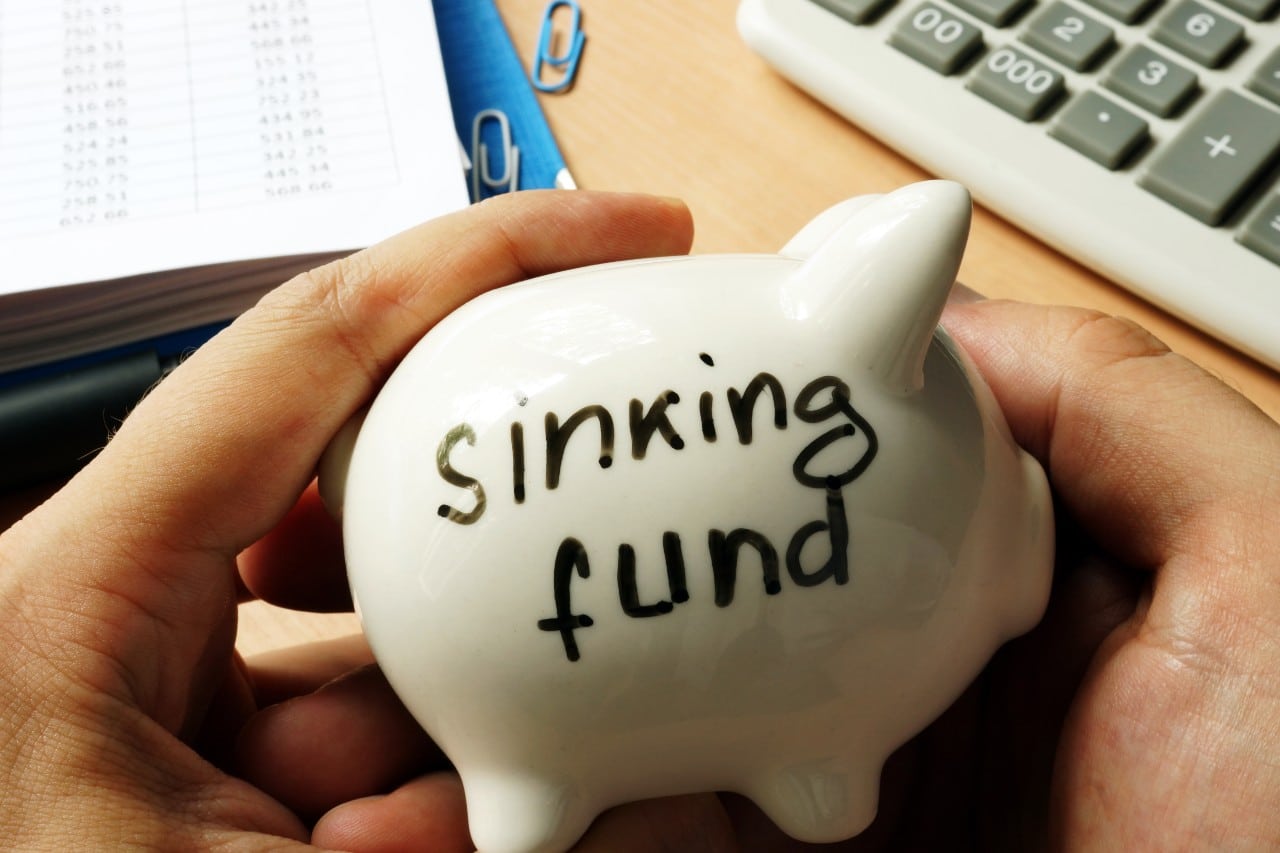Financial fitness, much like physical fitness, requires consistent effort and discipline. Good financial health isn’t a one-and-done scenario. It’s an ongoing process of managing your financial resources effectively and making informed decisions to achieve your financial goals. Besides building a strong financial foundation empowers you to navigate financial challenges, you’ll also achieve your aspirations, and live a more secure and fulfilling life.
Understanding your current financial makeup
Before embarking on your financial fitness journey, it’s crucial to assess your current financial standing. Accordingly, this involves taking a comprehensive look at your income sources, expenses, debts, savings, and investments. This evaluation provides a clear picture of your financial health and highlights areas requiring attention. For example, calculating your cash flow—the difference between how much money is coming in and going out—offers insights into your financial stability.
Key elements of financial fitness
Below are the key exercises you can add to your financial workout to enhance your financial well-being.
Budgeting and spending wisely
Just as a balanced diet is important to physical health, a balanced budget is important to financial health.
Similarly to how we track caloric intake, tracking our spending habits is crucial to understanding where your money goes. Tools like budgeting apps, spreadsheets, and reviewing bank statements and credit card bills can help you visualize your spending patterns.
Creating a realistic budget that aligns with your income and expenses is essential for financial control. Prioritize essential expenses like housing, utilities, and debt repayment while allocating funds for savings and future goals.
Sometimes it can be tricky to balance a budget. Distinguishing between needs and wants, making conscious spending choices, and exploring cost-effective alternatives are the most effective ways to balance an imbalanced budget.
Managing and eliminating debt
Humans can be prone to overindulging, in the financial world that looks like unmanageable debt. Accordingly, if you’ve indulged it’s important to create and follow through with a plan to pay it off.
Prioritize paying off high-interest debts like credit cards first. Strategies like debt consolidation or negotiating better repayment terms with creditors can expedite the process.
To avoid debt issues live within your means and don’t accumulate unnecessary debt, particularly for non-essential items. If money is tight, pay at least the minimum payment on credit cards each month to avoid penalties and additional interest charges. Remember, if your financial situation worsens, you’ll have way more options available to help if you stay on top of your minimum payments.
Saving and investing
As much as physical fitness is beneficial for the here and now, it’s also about investing in your future health. The same is true for financial fitness. There are some key parts to personal finances that are geared specifically for your future finances and creating resilience for when life happens.
- Build an emergency fund that covers 3-6 months of living expenses to help navigate unforeseen situations like job loss or medical emergencies.
- Develop a consistent saving habit. Even with small amounts, it’s crucial to achieving long-term financial goals.
- Create a wealth plan. Build a diverse portfolio of investment opportunities like stocks, bonds, mutual funds, and real estate that align with your risk tolerance and financial objectives. Seek professional advice to optimize your portfolio.
- Automating transfers to a savings account or investment funds can help you save consistently.
Planning for the future
Get an early start to retirement planning to take advantage of compounding interest. You’ll be giving yourself your best shot at saving enough to live the retirement lifestyle you want. Exploring options like employer-sponsored plans, government-facilitated programs, or individual retirement accounts. Stay motivated and on track to achieving your goals by setting clear, specific, and achievable financial goals.
Building financial literacy
Enhancing your understanding of personal finance is crucial. Explore reliable resources such as books and articles, take seminars, or consult with financial professionals. Familiarizing yourself with different financial products and strategies like credit cards, budgeting, debt management, insurance, and investment options enables you to make informed decisions.
Reaping the rewards of financial fitness
Being financially fit has many benefits! Below are a few of the most common and significant.
Stability and security
Financial stability enables you to meet your financial obligations, handle unexpected expenses, and plan for the future with confidence.
Reduced stress
Effective financial management reduces stress and anxiety related to money matters, improving your mental well-being.
Freedom and independence
Financial independence empowers you to make choices aligned with your aspirations without financial constraints or reliance on others.
Improved health and wellness
Adequate finances allow you to prioritize your health by accessing quality healthcare and adopting preventive measures.
Financial achievement
Financial fitness enables you to pursue and achieve significant life events and long-term goals like buying a home, higher education, and retirement.
Conclusion
Financial fitness is an ongoing process that, like physical fitness, requires dedication and continuous improvement. By incorporating these steps outlined above, prioritizing financial literacy, and seeking professional guidance when needed, you can create a solid foundation for a financially secure and fulfilling future. Remember, even small, consistent efforts can lead to significant improvements in your overall financial well-being.
If part of your financial fitness plan involves addressing your debt, our Credit Counsellors here at Consolidated Credit Canada are ready to coach you through to a debt-free plan. Call us for a free consultation.










